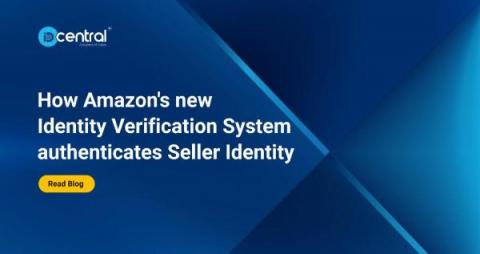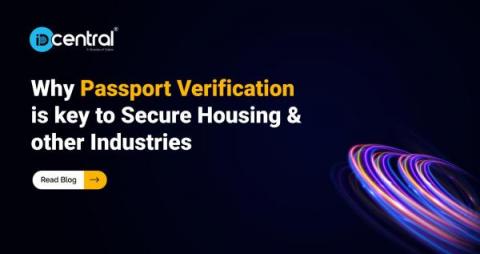Customer Onboarding: Digital Identity Management in 2023
This year, 2023, digital identity verification will take on greater urgency. This is largely due to the fact that fraudsters stole more than $11.4 billion through account takeovers (ATOs) last year, while account origination fraud is predicted to cost $5 billion by 2024. The world of technology and everything linked with it moves at a breakneck pace. Identity verification is no exception.











